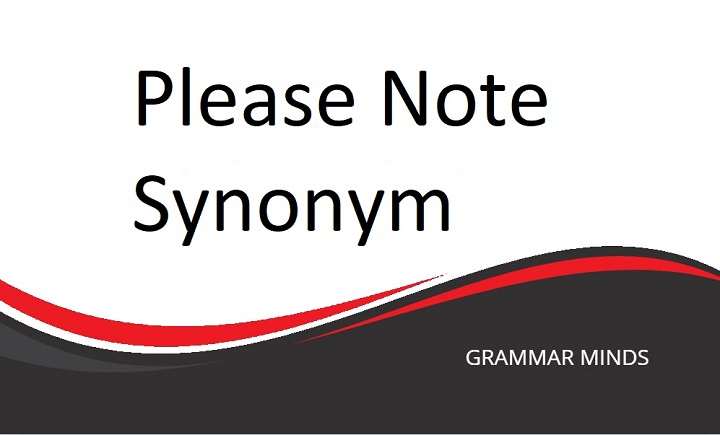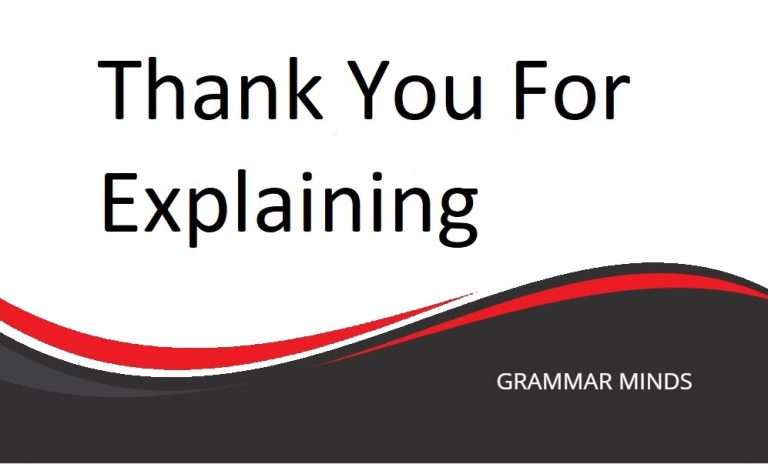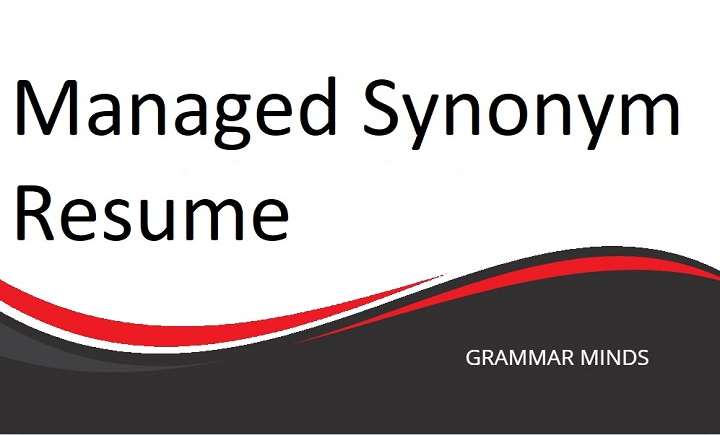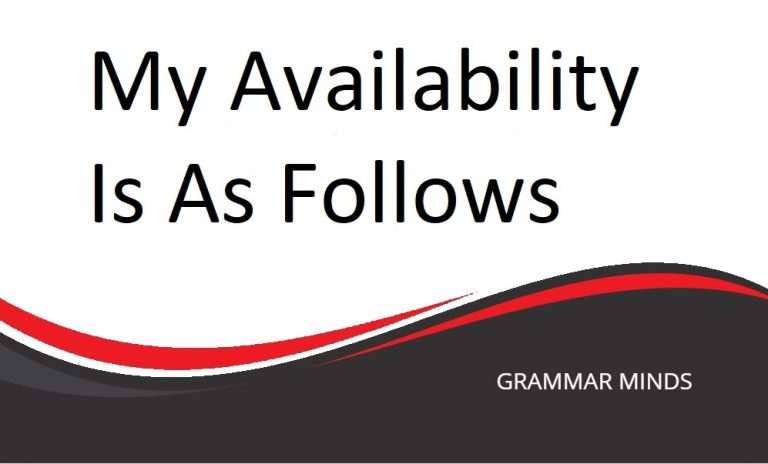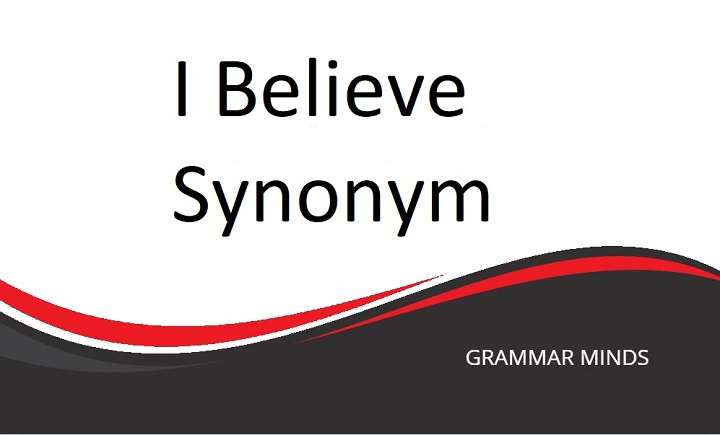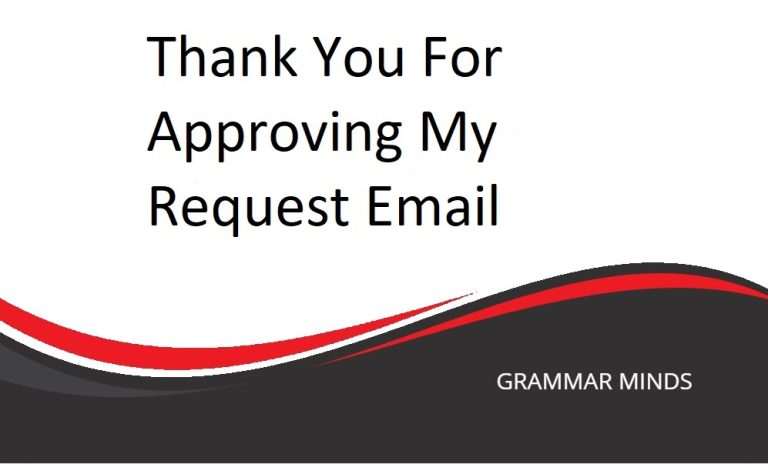Are you frequently using the phrase “please note” in your professional or personal communications? While it’s grammatically correct and effective, it can feel repetitive and even stale after repeated use. In emails, reports, or even casual conversations, you might want to explore more dynamic ways to convey the same message.
The good news is that there are plenty of alternatives to “please note” that can help diversify your vocabulary and enhance your communication skills. By mixing up your language, you can sound more professional, polished, and even creative in how you express important information.
Do you find yourself using the phrase “please note” repeatedly? Have you grown tired of this repetitive expression when communicating in your professional or personal life? Don’t worry! We’ve compiled a handy list of alternative phrases that you can use to mix things up and sound more varied in your conversations.
Other Ways to Say “Please Note”
Below is a collection of synonyms and alternative phrases for “please note” that can be used in both formal and informal situations. Each option has its own unique tone and context, allowing you to pick the best fit for your communication needs.
Kindly be advised
Please be aware
Take note
For your information
Be advised
Keep in mind
It’s important to mention
Let me point out
Just a heads-up
Please take into consideration
These alternatives allow you to convey the same intent as “please note” but with a fresh and varied approach. Now, let’s dive deeper into how each phrase can be used effectively.
Key Notes
“Please note” is grammatically correct and suitable for formal situations, especially in professional emails or memos. However, it can sometimes feel a bit basic and overused. By using alternative phrases, you can make your communication stand out and sound more polished.
For instance, “Kindly be advised” is a more formal substitute that can elevate the tone of your message, making it perfect for official emails or reports. On the other hand, “Just a heads-up” is a great informal alternative to “please note” and works well in casual conversations or group chats.
Keep reading to discover how to use these phrases in both formal and informal situations, and see real-life examples of how they can be applied.
Kindly Be Advised
Usage:
If you’re looking for a more formal way to say “please note,” try using “Kindly be advised.” This alternative adds a touch of sophistication, making it ideal for professional environments such as corporate emails, business letters, or meetings.
Example (in an email):
Dear Mr. Johnson,
Thank you for your inquiry regarding our recent product launch. Kindly be advised that the new product line will be available for pre-order starting next month.
Best regards,
[Your Name]
Tone:
This phrase is perfect for formal and respectful communication, especially in client or executive correspondence. It implies professionalism and a sense of courtesy.
Please Be Aware
Usage:
Another effective formal alternative is “Please be aware.” This phrase is excellent for highlighting important points, especially when giving instructions or sharing critical information.
Example (in an announcement):
Dear Team,
Please be aware that the office will be closed on Friday due to maintenance work. Make sure to complete any outstanding tasks before Thursday afternoon.
Regards,
[Your Name]
Tone:
This phrase has a neutral and professional tone, making it suitable for internal memos, updates, or policy announcements.
Take Note
Usage:
If you want a concise and straightforward way to say “please note,” “Take note” is a great option. It’s assertive without sounding overly formal, making it suitable for both professional and informal settings.
Example (in a meeting):
Take note that the deadline for submitting the final project report has been moved to October 15th. Please adjust your schedules accordingly.
Tone:
This phrase is a bit more direct and to the point, often used in verbal or written communications where brevity is key.
For Your Information
Usage:
“For your information,” commonly abbreviated as FYI, is a versatile phrase that can be used in both formal and informal situations. It’s particularly useful when you’re sharing relevant details or passing along information without requiring immediate action.
Example (in an email):
Dear Sarah,
For your information, I’ve attached the updated client list. Please review it at your convenience.
Best,
[Your Name]
Tone:
This phrase carries a neutral tone and is often used when forwarding information or highlighting details that are important but not urgent.
Be Advised
Usage:
“Be advised” is another formal alternative that works well in emails, contracts, or reports. It emphasizes that the recipient should take notice of the information provided.
Example (in a legal document):
Be advised that any changes to the agreement must be made in writing and signed by both parties.
Tone:
This phrase is highly formal and authoritative, making it appropriate for legal, financial, or contractual communications.
Keep In Mind
Usage:
When you need a casual, friendly alternative to “please note,” “Keep in mind” is a great choice. This phrase is often used in informal settings or when offering helpful reminders.
Example (in conversation):
Hey Jason, just keep in mind that the parking lot gets full pretty early on game days, so you might want to leave a bit earlier.
Tone:
The tone is relaxed and conversational, perfect for reminders or casual advice.
It’s Important to Mention
Usage:
“It’s important to mention” is a helpful phrase when you need to emphasize a key detail in your communication. It works well in both formal and informal contexts.
Example (in a presentation):
It’s important to mention that all feedback should be submitted before the end of this week to ensure timely revisions.
Tone:
This phrase adds emphasis and importance, often used to highlight critical information in presentations or discussions.
Let Me Point Out
Usage:
“Let me point out” is a more direct and conversational way to draw attention to something specific. It’s useful when you want to introduce a particular detail or clarification.
Example (in a meeting):
Let me point out that the budget has been reduced for the upcoming quarter, so we’ll need to adjust our projections accordingly.
Tone:
This phrase is informal and direct, making it appropriate for team discussions, meetings, or clarifying points.
Just a Heads-Up
Usage:
A casual alternative to “please note” is “Just a heads-up.” This phrase is typically used in informal settings to alert someone to a situation without sounding too formal.
Example (in a text message):
Hey, just a heads-up, the meeting has been moved to 3 PM tomorrow.
Tone:
This phrase is very informal and friendly, ideal for casual conversations or giving someone advance notice.
Please Take Into Consideration
Usage:
“Please take into consideration” is a formal alternative to “please note” and works well when you’re asking someone to keep something in mind while making a decision.
Example (in a proposal):
Please take into consideration the feedback provided by the client when drafting the final version of the report.
Tone:
This phrase carries a respectful and thoughtful tone, often used in formal requests or proposals.
Is It Correct to Say “Please Note”?
Yes! “Please note” is grammatically correct and suitable for both formal and informal settings. It’s a versatile phrase that can be used in professional emails, conversations with colleagues, or casual chats with friends. However, overusing this phrase can make your communication seem repetitive.
That being said, using synonyms like the ones we’ve listed above will help you mix up your language and sound more varied in your communication. You can also try slight variations of this phrase, like the following:
- “Kindly note”
- “Please keep in mind”
- “Take into account”
Also Read
10 Alternative Ways to Say “Thank You for Your Patience and Understanding”
In conclusion, “please note” is a perfectly acceptable and grammatically correct phrase, whether you’re using it in a formal or informal setting. However, the alternative phrases provided in this article will help you diversify your vocabulary and communicate more effectively in different contexts.
Whether you’re writing a formal email, giving a presentation, or having a casual conversation, using synonyms for “please note” will not only enhance your communication but also keep your language fresh and engaging.

